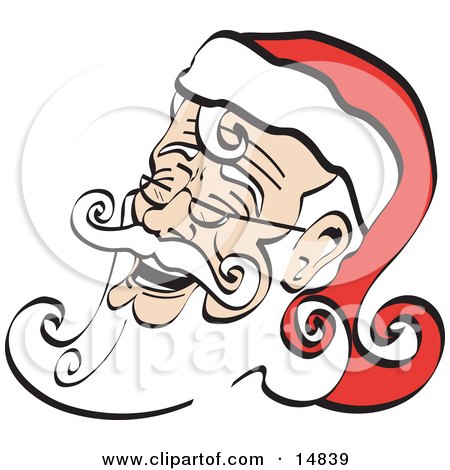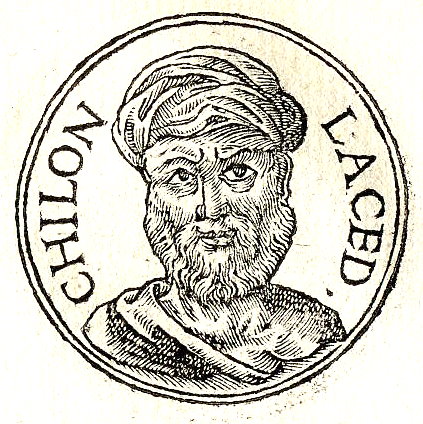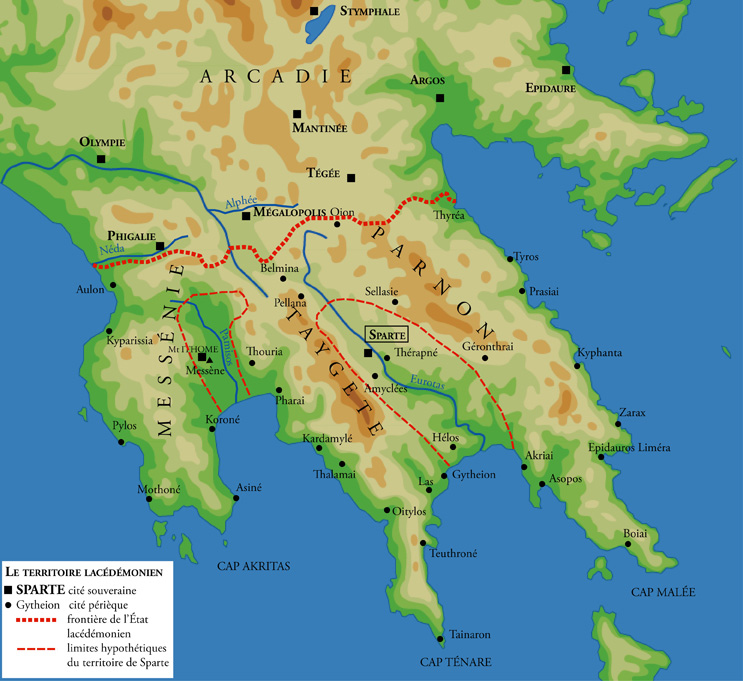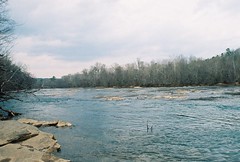Likewise, the answers and solutions to these questions can generate a great deal of uncertainty as we factor in our beliefs and experience, as well as the people that matter in those decisions. Wouldn't it be great if we could simplify it all to one or a few succinct, salient guidelines. Something that could be applied in broad simple strokes to vanquish the myriad of decisions life presents to us. Dr. Wayne Dyer appears to have accomplished this in his books for kids of all ages. Life lessons so smart and simple...even a child can get it.
As many of us are negotiating the new realities grown out of the choices of the past decade or so, here are some great ideas and practices to boost confidence, and bolster expectations for better days ahead. This is not "dumbing it down," rather it follows the inspiration and light-hearted fun of Dr. Seuss' Oh The Places You Can Go, which has been a perennial favorite to share with graduates.
Incredible You! 10 Ways To Let Your Greatness Shine Through
Dr. Dyer begins with the recognition that (#1) there is good in all of us waiting to be shared with the world. Yes, you are amazing, unique and awesomely made, and everyone else is too (#9). What is essential (#2) is to discover what makes us feel most alive--what we love. And it doesn’t matter where we are in life #5, “what matters is what (we) do with today.” You have power in your thoughts (#10), and you can choose to change your life’s situations by changing your thoughts (#6.) Happy thoughts, Dr. Dyer says, make you strong and free, so choose to be happy.
Get all 10 ideas and practices here
Unstoppable Me! 10 Ways to Soar Through Life

(#1) You’re great--no matter what. Learn to value yourself without needing others’ approval, and realize that everyone makes mistakes. Criticism can be just another’s fear of failure, the important thing is to get the feedback failure signals to us, and to adapt and move forward. That’s it, (#2) persistence pays off, an essential trait in being unstoppable.
Find more tips
No Excuses! How What You Say Can Get In Your Way
 This is the smart and simple version of the adult self-help book (Excuses Begone
This is the smart and simple version of the adult self-help book (Excuses BegoneWhat can you do with that? Check out
So, yes, wisdom can come in simple steps, it is the practice that evolves into complex solutions as we take on more complex choices. Just find the answers that are right for you.
Happy Holidays


Of Thee I Sing: A Letter to My Daughters
 , President Barack Obama
, President Barack Obama
On My Way To A Happy Life , Dr. Deepak Chopra
, Dr. Deepak Chopra


More gift ideas:

Of Thee I Sing: A Letter to My Daughters
On My Way To A Happy Life
























